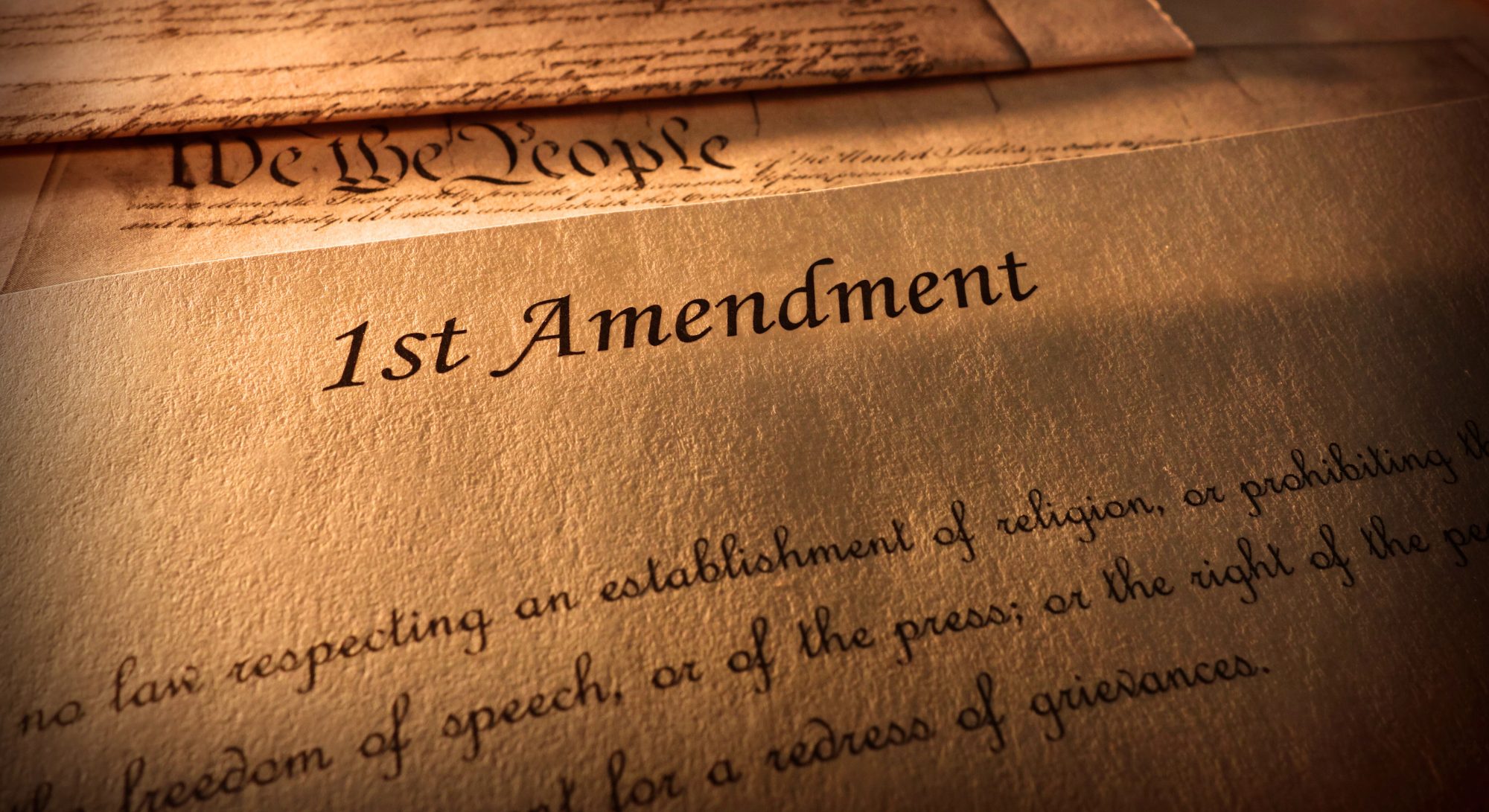Freedom of speech and the press are rights guaranteed to citizens of the United States of America in the First Amendment of the Constitution.
The United States is currently ranked 57 in the 2025 World Press Freedom Index. It has dropped six spots in the last 10 years.
In October, U.S. Defense Secretary Pete Hegseth introduced new government restrictions for journalists. These restrictions include:
- Pledging to not gather information that hasn’t been authorized, meaning reporters cannot use information unless it is explicitly approved for release.
- Accepting restricted access, requiring journalists to be escorted to areas they previously had free access to.
- Agreeing to these terms or losing their credentials, meaning journalists who do not accept these terms must turn in their badges.
Hegseth called these new rules “common sense.” Several news organizations, including CNN and Fox News, openly rejected the new rules and some journalists surrendered their press passes.
Freedom of speech and press are given rights, but they do have restrictions. An example is information regarding the movement of U.S. troops may be restricted from the press to protect national security. However, if something is to be restricted, the government needs to make a case for it.
Vince Brown, director of the Institute of Politics and instructor of the practice of politics at Utah Tech University, said: “[The government] restricts information from the press all the time about military matters, but they have a reason for doing so, or at least they present a reason… I think that’s why you get Fox News and MSNBC agreeing on [opposing this new policy] for the first time in a long time, because they understand the broader issue at stake.”
At a freedom of speech event held on Utah Tech’s campus Nov. 7, Rhiannon Bent, the communication department chair and an assistant professor of communication, said: “Journalism’s purpose is not comfort, it’s accountability… a free press is society’s watchdog. It barks when power crosses the line.”
While many journalists are working to protect freedom of the press, Brown had some suggestions on what students can do to protect their rights.
Brown said, “Vote for the people who have pledged to protect the press, hold those people to account when they don’t do it.”
Brown also suggested balancing social media use and becoming media literate, as well as supporting reliable news sources by purchasing subscriptions. Students at Utah Tech have free access to a New York Times subscription.
When asked how students can help protect freedom of speech, Zach Conrad, a senior digital media major from Manti, who attended the freedom of speech event, said, “I choose to not self-censor and be bold about speaking what I believe in.”
Bent said, “Journalism tells the story that needs to be told… freedom of speech doesn’t end with our right to speak; it begins with our right to know.”


